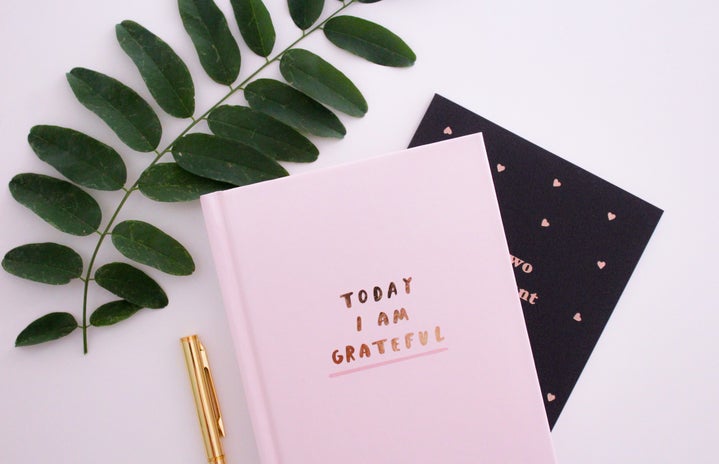Journaling is one of the best ways to improve mental health and productivity. It is simple, convenient, and efficient. However, one of the biggest obstacles that confronts us when we want to start journaling is the question of how. What do we write? How long should we write for? What format should our journal take? Questions like these make journaling seem difficult and complicated, and often lead to us deciding not to journal at all. However, most of these questions have simple answers. If you want to start journaling, read below for some tips to get started.
- buy a journal that you love
-
Just like drinking water from a unique water bottle seems to make it more fun, choosing a journal that is aesthetically pleasing will make you want to journal more. Some people like dotted journals; some like regular lined notebooks; some like guided journals with prompts and questions; and some like journals with blank pages and no guide at all. Whatever your style is, choose a journal with pages that will fit your needs and a cover that catches your eye. Choosing the journal that you like best also reinforces the fact that you are choosing to journal – this is not an assignment or a school project that you have to hand in.
- experiment with different formats
-
Once you choose your journal, experiment with different types of writing. Does drawing diagrams help get your point across? Or does writing a detailed paragraph about your day help clear your mind? You can also journal “diary-style”, where you write as if you are talking to a friend, if that’s what works best for you. Keep in mind that there is no need to restrict yourself to using the same format each time you journal – if you want to draw a diagram today, make a list tomorrow, and write a long, rambling paragraph the next day, that’s completely fine. This is your journal, after all!
- experiment with different goals
-
The goal of your journal is 100% up to you. Is the purpose of this journal to help you stay organized? To clear your mind? To keep track of your professional goals? Journals can help with a variety of different aspects of life, including your mental health and productivity. However, once you choose a goal for your journal, don’t feel limited to only writing about that specific topic. For example, if the purpose of your journal is to keep track of your professional goals, don’t be afraid to write a long entry about how you broke up with your boyfriend if that’s something you want to do. Journal on your intuition. If your gut tells you that you should write about something, write about it! Writing is one of the best ways to heal and is the key to better understanding your thoughts.
- find a schedule that works for you
-
Though you by no means have to journal consistently, keeping a schedule and holding yourself accountable does ensure that you gain as many benefits as possible from your journaling experience. Do you want to write weekly, or daily? What time of day is best for you? Ensure that you choose a journaling schedule that you will be able to keep up with. If you have a very busy lifestyle, starting with journaling every Sunday about the past week and the week ahead might be a good place to start. If you are really struggling to get over a traumatic experience or heartbreak, journaling every day might help you keep track of your healing process. But remember: this journal is for you, and you can do whatever you want with it. If you usually only journal on Mondays but you feel the need to write on a Thursday, go for it! Constantly reminding yourself that journaling is not an assignment but rather a way to grow and learn about yourself is crucial.
- if you draw a blank, use your resources
-
If you find yourself battling writer’s block or you can’t figure out anything to write about, Google it! There are thousands of journal prompts and activities on the Internet, and even many tailored to specific goals like staying organized, tracking your moods, and improving mental health. Lifestyle Youtuber Margot Lee also has a few super helpful videos sharing the way she journals – watch one here. Guided journals are also a perfect way to combat writer’s block if you find yourself facing it often.
Hopefully, these tips will kickstart your journaling experience. Remember to journal using your intuition and that you are free to do whatever you want! The way I look at journaling is similar to the way I look at working out: sometimes it’s fun, sometimes it’s not, and sometimes I need to change up my usual routine – but, in the long run, I know it is helping me grow in more ways than one.


